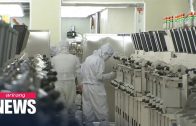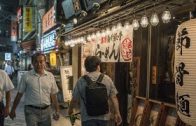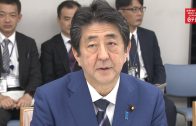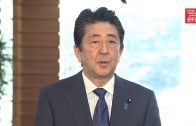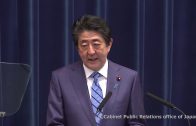Japan’s export curbs serves as an opportunity for S. Korea’s SMEs
日 수출규제 7개월…국내 중소기업에 기회로 작용
We continue a three-part special on how South Korea has been responding to the export curbs Japan first imposed on Seoul last July.
For our second installment, our Eum Ji-young sheds light on how South Korean firms have dealt with the situation.
Last July, Japan imposed unprecedented export controls on materials used for the production of chips and displays, namely photoresists, hydrogen fluoride and fluorinated polyimide.
Many were concerned because the export curb could affect local chip and display makers, especially small and medium sized firms.
Korea Federation of Small and Medium sized Enterprises distributed a press release in July saying that 6 out of 10 small and medium sized firms in the semiconductor industry are not likely to last more than 6 months due to Japan’s export controls.
Despite the concerns, no serious damage was experienced by domestic SMEs according to an expert.
“No major damage was reported because Japan did not expand its curbs on other items and withdrew some of the control already imposed. The Japanese government now understands that the export curbs harm its firms.”
“Some domestic small and medium sized firms have succeeded in producing the three key materials subject to Japan’s export curbs.”
Itchem is the first South Korean company that managed to localize two of the core ingredients of the colorless and transparent polyimide or also known as CPI film.
Before Japan’s export curbs, many large domestic conglomerates that produce CPI films have been purchasing those core ingredients from Japanese firms.
However, after the curb, many domestic conglomerates have turned to Itchem to purchase them.
“Due to Japan’s export regulations, large display makers started to consider using our products so, it served as a chance for us to enter the market and expand our market share.”
According to the expert, local companies like Soulbrain and Ramtechnology have also been developing technologies to produce high-purity hydrogen fluoride and have succeeded in localization.
The CEO of another company Nextin, that succeeded in localization of the equipment that detects defects in semiconductors, said having faith in local companies and giving them opportunities is very important for further localization.
Eum Ji-young Arirang News.
#Japan #export #economy
Arirang News Facebook: http://www.facebook.com/arirangtvnews
